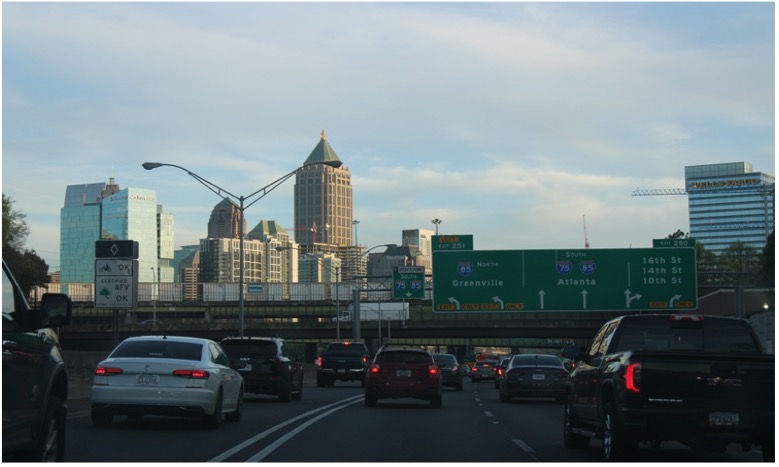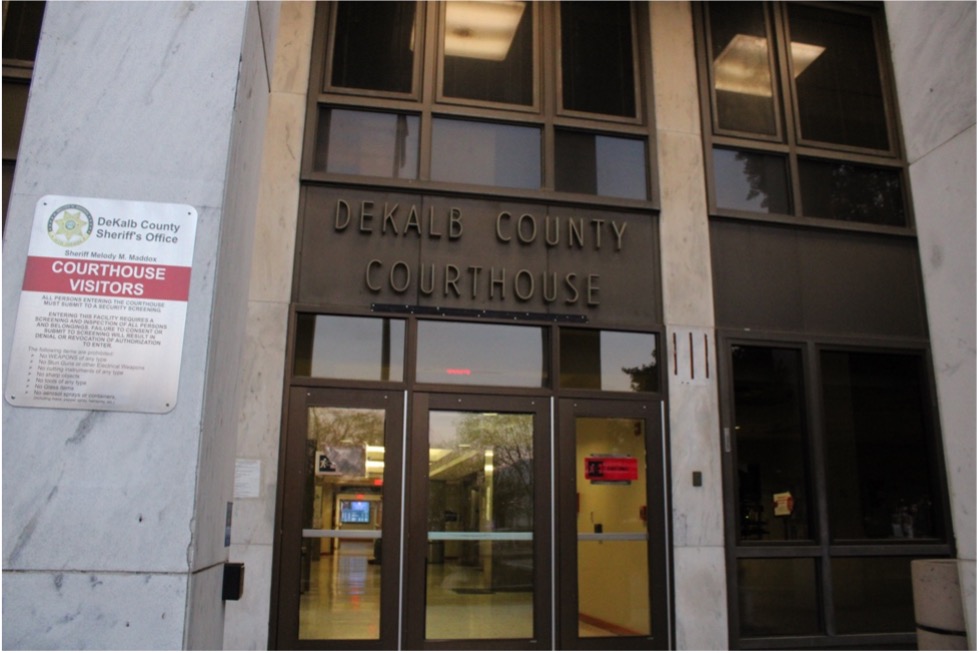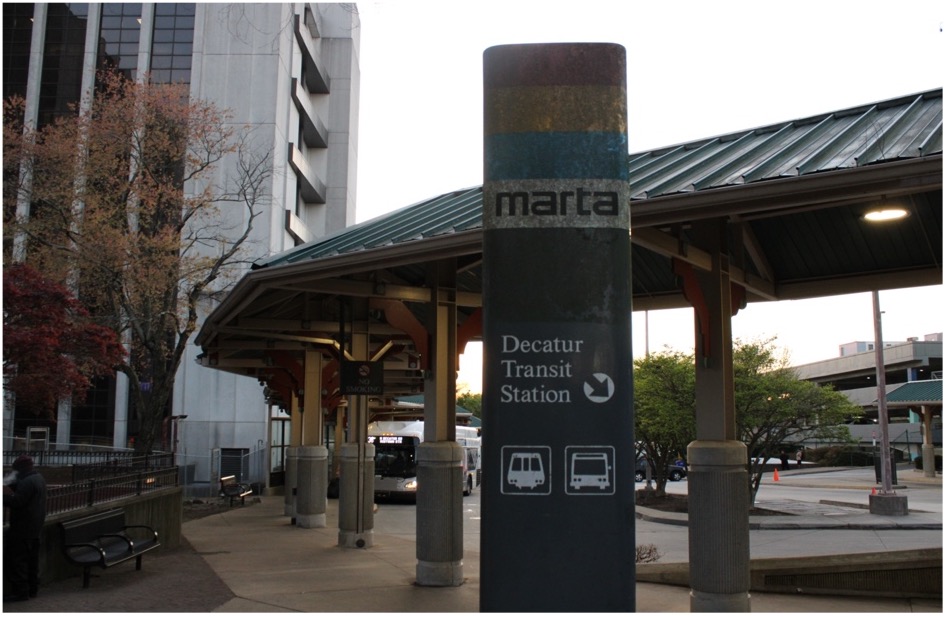Written by: Rashawn Merchant
Upon my return flight to New York, I couldn’t help but notice something that stuck with me. The skies were gray, and through the descent of the thick atmosphere, I noticed a sort of gloom that overcame me once the plane reached above the cityscape. For miles and miles, I could see nothing but buildings stacked near each other in the Queens suburbs, and the city felt cold. With Manhattan’s skyline in the distance, something was missing. Where were all the trees?
I was arriving in New York from Atlanta during an eventful month for the city. Atlanta has been dealing with a series of protests in what has been dubbed “Cop City.” The protests have garnered global attention, especially following the death of one of the many proclaimed activists fighting to stop the construction of the city’s new plans to build a fortified center to train police officers. Opposing groups called the killing unjust and have furthered their efforts to stop the city’s plans.
Let’s start from the beginning of this proposed development and explain why there is opposition.
“Cop City” is the name of the proposed training center in South Atlanta, Georgia. The site’s official name is the South River Forest Public Safety Training Center. According to the Atlanta Police Foundation, “the training center will reimagine law enforcement training and police/fire rescue community engagement.” The project will cost 90 million dollars and utilize roughly 260 acres of forest space. The training facility will include a center for police conferences and classrooms, a shooting range, a mock city, and green areas for horses and k-9 facilities. The Atlanta Police Foundation will predominantly fund the training site, first authorized by former Atlanta Mayor Kiesha Lance Bottoms, and continued by current Mayor Andre Dickens.

Rashawn Merchant/Earth Shiners
The two most significant claims against the construction of Cop City are the potential for police militarization and environmental injustice. Activist groups such as ‘Stop Cop City’ feel the project will threaten the lives of marginalized people. Atlanta itself is a majority Black and Brown city. Following decades of civil and social rights advocacy work, activists have long seen police groups as threats to social well-being. Black and Brown people get arrested at systemically higher rates, and with many instances, such as 2020’s death of George Floyd, there is an understandable fear towards policing systems. Allowing police to access additional funding will appear to many as the opportunity for the police to gain strength and further commit civil burdens.

Rashawn Merchant/Earth Shiners
Stop Cop City said in a statement, “their protest comes as leveling the playing field and preventing future violence by disabling the economic machine of the Atlanta Police Foundation.” Their and other organizations’ protest gained unique attention as protester Manuel Esteban Paez Terán, was killed during a campground raid. Police officials say the shots were fired from protesters when officers returned fire, killing Terán.
These ongoing protests have led to the arrest of nearly 30 people, including citizens from France and Canada. The charges carried over include domestic terrorism. Georgia Governor Brian Kemp declared a state of emergency after protests began firing commercial-grade fireworks and Molotov cocktails at construction equipment and site security.
Environmentalism has a part to play in developing the South River training center. Tying into its name, the center will be built within Atlanta’ South River Forest. The forest is one of the densest foliage areas within the city and contributes significantly to the town’s nature. Forests generally clean air and provide habitat to animals and migrating bird species. The New Republic states forests and trees are suitable for human psychological well-being and are often promoted throughout the city. Three hundred acres of proposed deforestation are quite a lot considering urban areas seemingly lack green spaces nowadays. The Georgia Forestry Commission confirms that forests in Atlanta remove about 19 million pounds of pollutants annually.

Rashawn Merchant/Earth Shiners
During ongoing climate change, many argue these plans will contribute to the further detriment of the atmosphere. This money spent could improve city resources such as healthcare, housing, and transportation. The debate around Cop City will continue as the phase 1 opening is scheduled for later in 2023.
Thanks for Reading!
Earthshiners@earthshinersmagazine.com
Copyright 2023 Earth Shiners Creative LLC
Leave a Reply